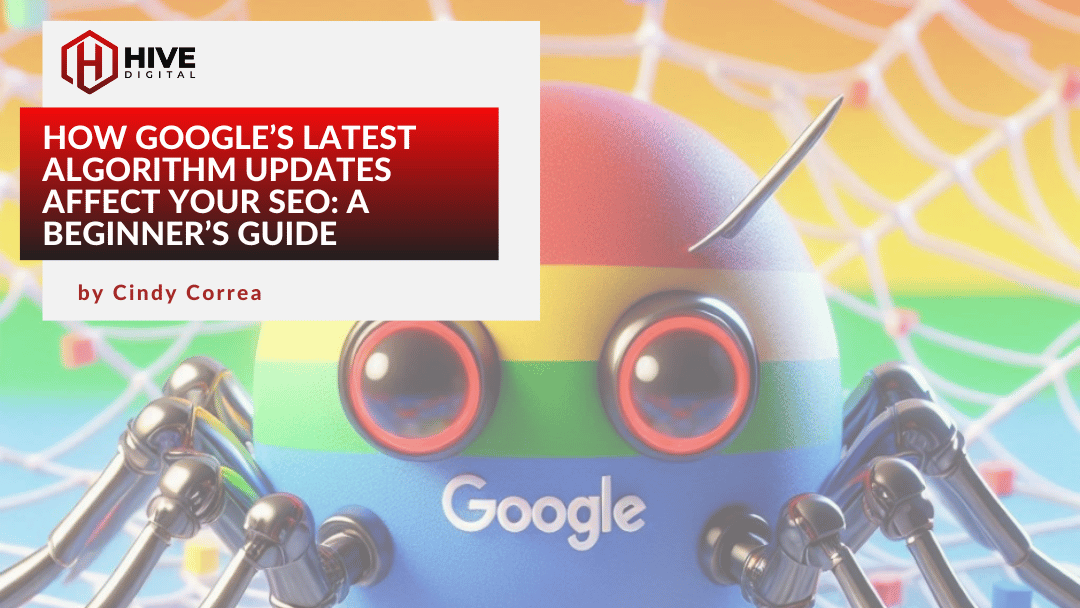From a search on Google for the keyword “ball cancer” (in the Sponsored Results column):
Next time I’m looking to buy cancer balls, I’ll know where to go for the best deal!
How does this happen? How could Google be showing me an ad for something so far from what I was searching for (resources about testicular cancer), let alone something this vendor almost certainly does not have for sale? It’s not Google’s fault, unless you want to blame them for offering a powerful feature that’s too easily misused. That feature is Dynamic Keyword Insertion (DKI). I won’t go into all the details of how it works (but here’s a great post about it), but the quick explanation is that DKI allows you to automatically insert into an ad whatever keyword in the list of keywords associated with the ad most closely matches the keyword searched for.
Used in highly-targeted situations, DKI can be a powerful and effective tool for increasing both click-through rate (CTR) and conversions. You are reflecting back to the searcher exactly what she was looking for.
The oddball result that was shown above came up because the advertiser simply created a very generic “one size fits all” ad and then dumped a huge amount of (probably broad match) keywords into it. This is the laziest form of pay-per-click advertising.
So the Nextag.com example above is funny, but is there any real harm done?
First, I doubt there is any such product as “cancer balls” (at least, I hope not). A click through on the ad takes you to a page of various products that have both “cancer” and “balls” somewhere in their description, but what is the likelihood that any of these are what someone searching for “ball cancer” is looking for?
Second, this is a waste of the advertiser’s money in so many ways, as well as a complete misunderstanding of the value of pay-per-click advertising. Inevitably the advertiser is paying for a lot of clicks from people who have no possibility of becoming a converted customer. Pay-per-click is one of the most efficient and cost-effective forms of advertising ever invented, but only because it allows you to narrowly target a niche market of people who are already actively looking for what you have to offer. What Nextag.com has done is the equivalent of throwing spaghetti against the wall to see how much sticks. In the case of both spaghetti and real customers, the answer is: not much.
Last, this kind of advertising can result in a negative backlash against your brand. Consumers will learn quickly that they can’t trust your ads to take them to what they actually want.
By the way, if you’ve spent any amount of time watching pay-per-click ads, you’ve probably spotted the all-time worst offender of slinging out these kinds of meaningless ads. I won’t embarrass them here publicly, but if you’re taking aim at a certain big box discount retailer, you probably just hit the _____. 😉
*********
For intelligent internet marketing, check out Virante (http://www.virante.com)









